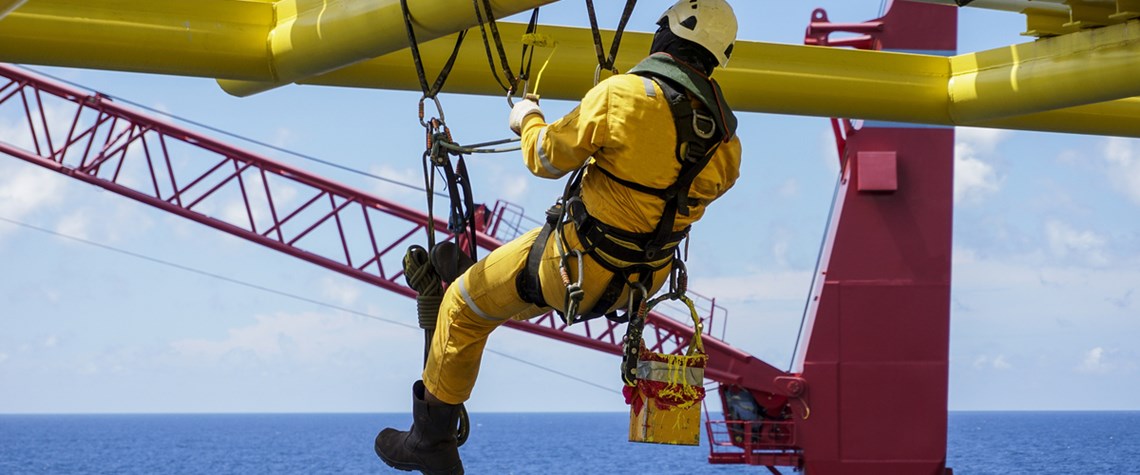Covid delays raise fears over project delivery
Impact of virus-related restrictions on work schedules appears to be increasing
The oil and gas production sector’s ability to work around challenges created by precautions against the spread of coronavirus has been impressive thus far, with most companies reporting little or no material impact on their physical operations from the changed work conditions. But, just as risks seem to be growing of further disruption heading into the northern hemisphere winter, cracks in this narrative are beginning to emerge. Hit by delays Norway’s Equinor admits that a number of its projects on the Norwegian continental shelf (NCS) are facing both increasing costs and delays in startup. And it says the main driver is Covid-19, alongside a weaker Norwegian krone on the costs side. “2020

Also in this section
27 February 2026
LNG would serve as a backup supply source as domestic gas declines and the country’s energy system comes under stress during periods of low hydropower output and high energy demand
27 February 2026
The assumption that oil markets will re-route and work around sanctions is being tested, and it is the physical infrastructure that is acting as the constraint
27 February 2026
The 25th WPC Energy Congress to take place in tandem as part of a coordinated week of high-level ministerial, institutional and industry engagements
27 February 2026
The deepwater sector must be brave by fast-tracking projects and making progress to seize huge offshore opportunities and not become bogged down by capacity constraints and consolidation







